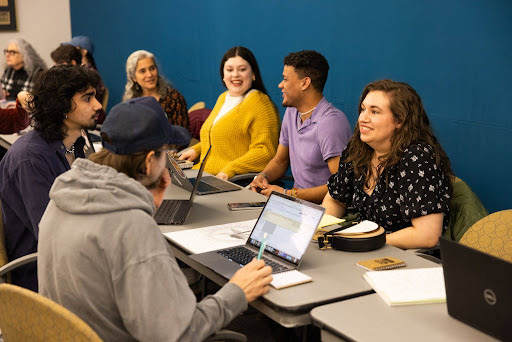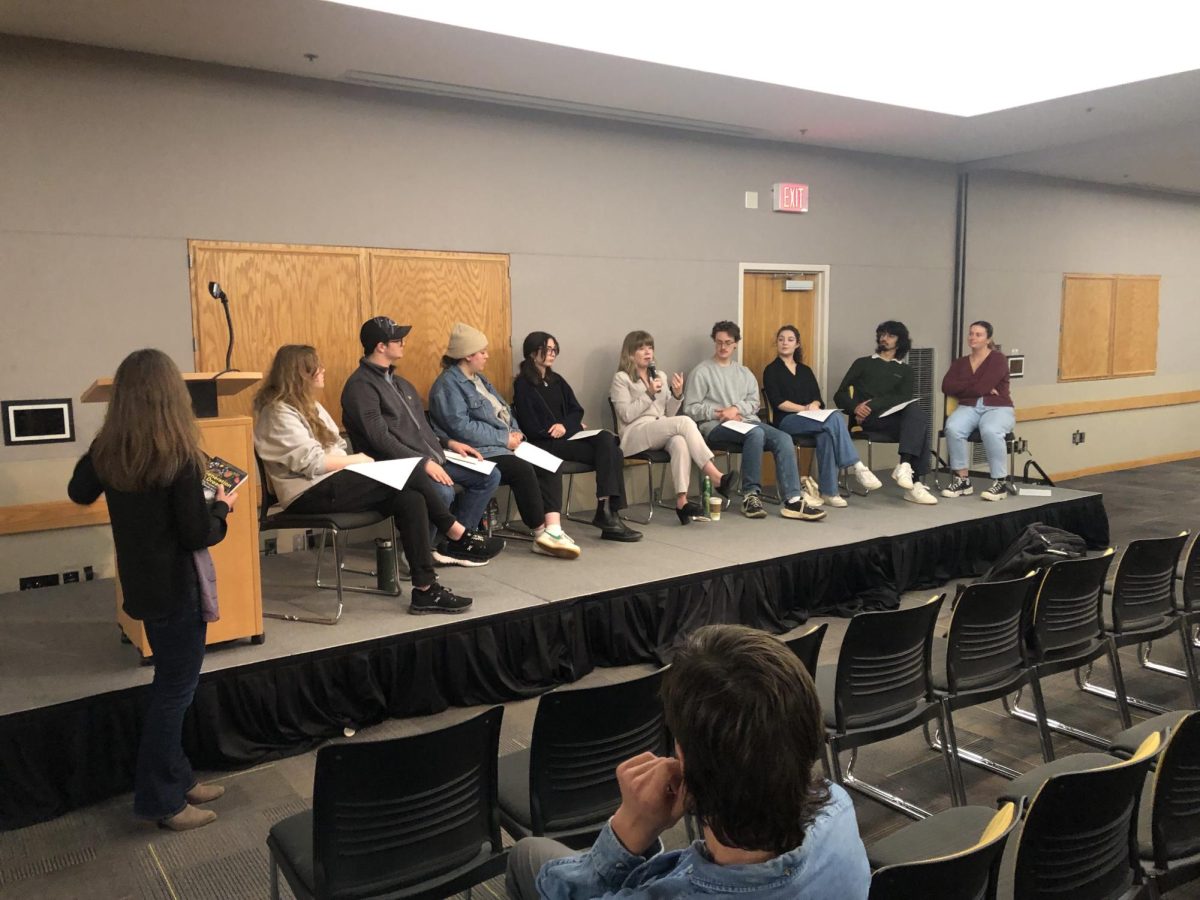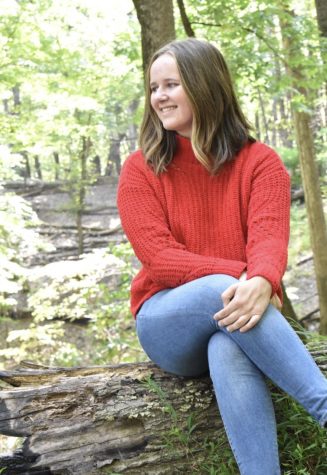To some students, learning about climate change and its effects may feel overwhelming. However, App State’s new Quality Enhancement Plan aims to solve this problem while presenting climate solutions to students.
As incoming students begin to fulfill their general education studies, they can expect to see a new requirement related to climate literacy education.
This fall semester, incoming students must take a climate literacy course to fulfill a general education requirement. The new QEP will also introduce a new minor: climate studies, which England said she hopes will roll out during fall 2025.
In past years, students have been required to take specific classes related to the current QEP theme. The content of these courses, counted as general education requirements, are centered around the plan and new ideas that have emerged from the QEP.
Laura England, associate director of the Pathways to Resilience QEP theme, said the Southern Association of Colleges and Schools Commission on Colleges regulates and accredits schools in the UNC System. The organization requires member schools such as App State to go through a reaccreditation process every 10 years.
The QEP is one major component of the reaccreditation process, and England said schools try to relate their QEP themes to current efforts on campuses. The Pathways to Resilience theme will focus more in-depth on the climate crisis solutions rather than solely on climate education.
She said while many climate education opportunities present the ongoing problems related to climate change, few offer solutions. She said this QEP aims to combat this issue and implement ways students can learn about climate change without feeling anxiety toward the subject.
“The vast majority of teaching about climate change and institutions of higher education so far has largely focused on the problems,” England said. “But if we stop there, we’re all left with this sense of dread.”
England said in order to grow students’ climate responsibilities, they will first build a foundation of basic climate literacy with the new QEP. Students will receive specific career-orientated information relating to climate literacy, followed by learning opportunities outside of the classroom and support related to climate anxiety.
These steps, in turn, will hopefully establish climate resilience and “response-ability” where students can use their education in their respective fields to forge solutions related to climate change, England said.

England worked with a committee of around 100 students, faculty and staff across multiple departments to prepare for and plan out the five-year implementation stage of the QEP theme, which England called “year zero.”
Each student, faculty and staff member brings new ideas to the table that England said “goes beyond” a scientific perspective.
Evan Hiemenz is a junior political science major and the interim director of sustainable development with the SGA. He is a student representative for the committee and said one of his roles is introducing students to the new QEP program and its goals.
“I think it’s a really important thing for students to be acquainted with, especially people coming in for the first time, first-years, which is what this seeks to target the most,” he said.
He said the QEP theme is important to him because it aligns with the App State’s sustainability efforts.
“So if you have something as big as the required curriculum going into your courses, talking about very important things like that, then it kind of makes students feel like this is a university that cares about these things,” Hiemenz said.
Hiemenz said he is grateful he can offer a different perspective as a member of SGA and said the QEP plan allows him to be an advocate.
Asher Fazal, a junior sustainable business management major, is also a member of the committee. He said his educational background in sustainability and business allows him to bring a helpful perspective to the table.
Fazal said the committee addressed concerns related to mental health and climate crisis during year zero and aimed to combat this concern by providing students with solutions as well as considering the issue from a different angle.
“I think a lot of scientists feel a need to remove their personality or humanity from the subject, or else they won’t be taken seriously, which is a very real concern,” Fazal said. “But I think that can do a lot of harm because, I mean, we’re all humans who are more complex than just being data machines.”
By shifting the focus toward mental health and humanity, Fazal said the QEP will encourage students to participate rather than deterring them with a “cold, solely scientific approach.”
Fazal said instilling resilience in students can give them the necessary tools to combat the climate crisis.
“I think the focus of this QEP is to create a generation that is able to handle this big issue and adaptation because they have such strong information,” he said.
While helping develop the QEP plan to focus on solutions and resilience, Fazal has been able to interact with students of different backgrounds and share a common goal with “like-minded people.”
Fazal said the committee welcomes new students who wish to join the cause, and students wishing to participate can reach out to the Office of Community Engaged Leadership, students in the committee or by visiting App State’s QEP website and contacting a team member.


